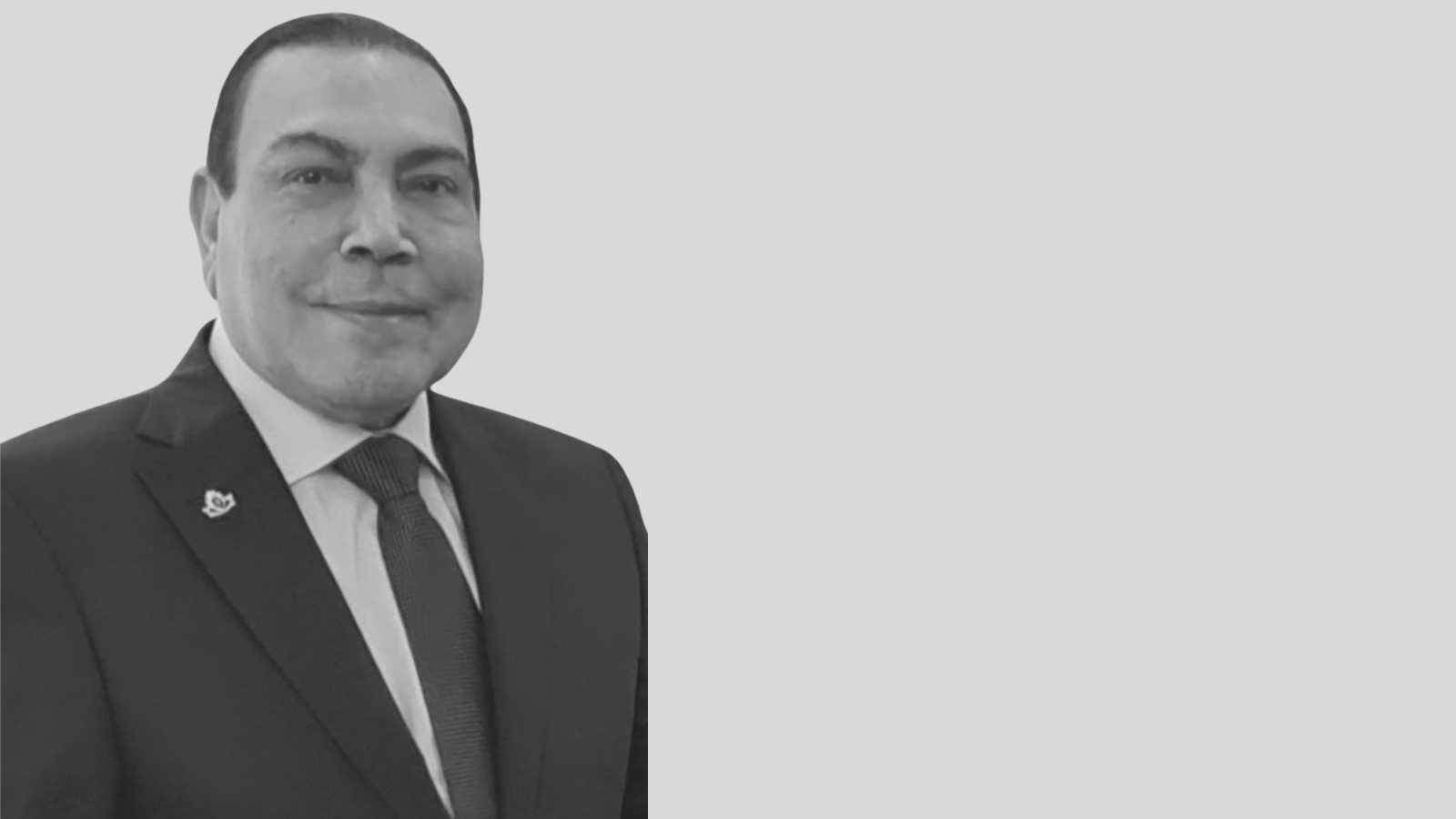Dr. Said Deraz – Chairman and Chief Executive Officer – Gold Coast Refinery
What inspired Gold Coast Refinery to join RJC?
We are very proud of our certification. Gold Coast Refinery (GCR) believes that a successful refining business must be conducted in an environmentally and socially responsible manner, not just in an economically viable way. This will also help GCR to integrate the UN Sustainable Development Goals (SDGs) into its business operations in line with its vision of promoting sustainable gold supply chains. As well as demonstrating commitment to the protection of human rights, labour rights, the prevention of environmental pollution, traceability and transparency.
As the first certified gold refinery in Ghana, what were the biggest challenges and opportunities you faced in achieving certification?
Achieving RJC Code of Practices certification is a continuous improvement process, that requires time and investment. All the members of the CGR team have worked tirelessly to prepare for the rigorous third-party audit. We have learnt a lot about our own operations, improved some of our processes and developed and implemented new ones. We have also had strong engagement with our business partners and stakeholders.
How do you see the future of sustainability within the precious metals industry in Ghana?
Ghana is a country known for its gold, timber and cocoa production. It is the number 1 gold producer in Africa, and number 6 worldwide. The challenges have always been adding value to the raw materials prior to exporting, curbing smuggling out of the country.. The gold is largely produced by Artisanal Small -scale Miners, who often use mercury which is highly detrimental to their health and the environment.
Regardless, we believe Ghana has an enormous potential and the ability to meet its ambitious domestic gold purchase programme and the development of responsible supply chains of gold from artisanal and small scale mines. GCR’s vision is to contribute positively to the country’s programmes by adding value to precious metals.
What do the next 3 years look like for Gold Coast Refinery?
Looking ahead, we envisage an expansion of the responsible sourcing program and sustainable business practices including environmental, social and governance components across our precious metal value chain in Africa.
We will accelerate our engagement upstream with artisanal and small scale miners we source from to develop a robust, responsible and traceable supply chain that has a positive impact on the mining communities.
We are planning the introduction of decarbonisation technology to reduce the carbon footprint in small scale mining in line with international standards.
GCR is exploring the increase of its line of product to the addition of minting of medallions and Jewelry production, one of such examples was the production of Commemorative Coins of the King of Ashanti Region, HRM Otumfuo Osei Tutu II, the Asantehene the /the Ashanti region in South Ghana is known as the “Kingdom of gold”.
We also intend to partner with key stakeholders in Ghana such as the School of Mines to provide practical training for students, and the chamber of mines to ensure the enhancement of standards across the country.

